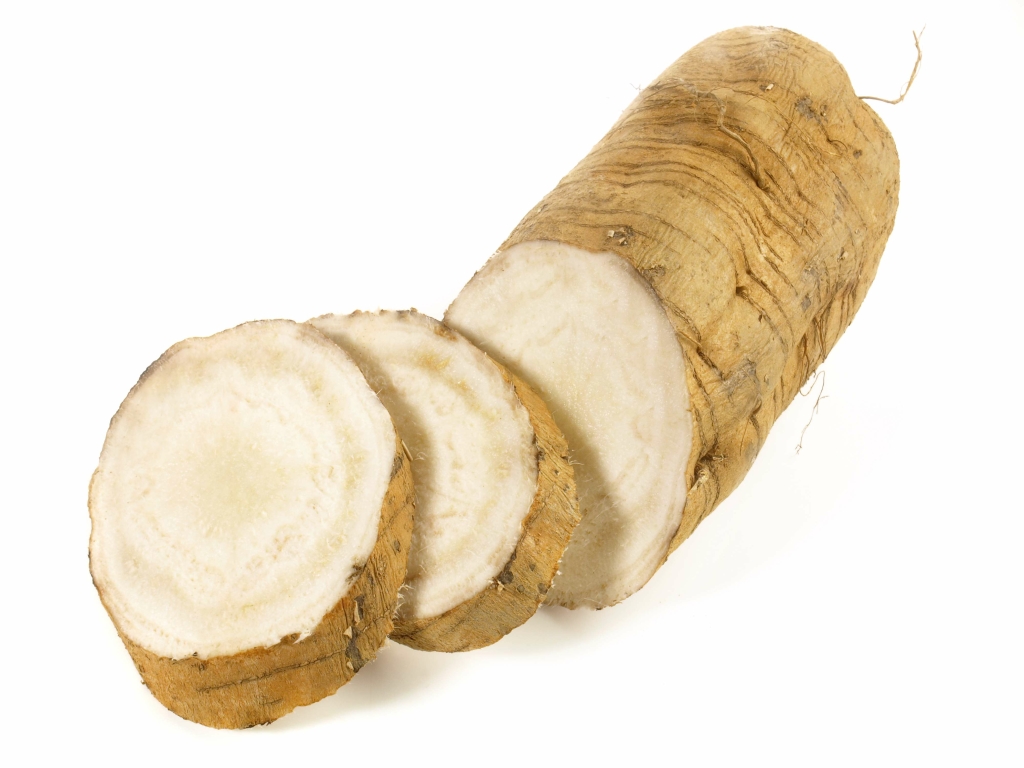Answering these questions honestly can help you determine if you need to cut back on your drinking or give up alcohol altogether. With many people struggling with alcohol use disorder, they are often the last to realize that they have a problem. If you’re concerned that your drinking might be sober alcoholic out of control, it’s important to reach out for help. If you want to be sober and recover from addiction, this means not using any substances, including alcohol, marijuana, cocaine, prescription drugs, etc. You cannot achieve sobriety if you’re still using drugs or alcohol in any capacity. Long-term recovery is an ongoing process, and it’s essential to regularly re-evaluate and adjust your recovery plan as needed.

We and our partners process data to provide:

Instead of Sprite, the Roy Rogers uses coke and grenadine topped with maraschino cherries. It’s a Twelve-step program super sweet addition to your mocktail repertoire. Diet soda cuts the calorie content, but opt for craft cola if you’re at a bar with craft sodas. You can just sit and listen and learn more about recovery, or you can share about your situation.
- These emotions are hard to face alone, so many people turn to friends, family, or professionals to help them work through them.
- Lean on close friends and family for support, even if your relationships aren’t what they used to be.
- Behavioral changes can also play a significant role in reducing cravings.
- Building a strong support system is vital for maintaining sobriety.
- Dry drunk syndrome has some characteristic red flags that can indicate you are at risk.
How can I prevent alcohol use disorder?
Removing chemicals from the body is https://savingonfees.com/relationship-between-depression-and-risky-alcohol/ certainly the first step but it doesn’t fix years of maladjustment to life. Dr. Michael DeShields, MD, ASAM, DABAM, is a distinguished Medical Director with nearly 40 years of expertise in addiction medicine. His dedication and innovation continue to shape the field, guiding clinical teams and supporting patients on their recovery journey. If you think you need help with alcohol use, talk to your doctor.
What are common alcohol withdrawal symptoms in the first week?
The phrase ‘raging alcoholic’ speaks not only to the intensity of their addiction but also to the emotional turmoil that often accompanies it. As a supportive family member, recognizing and empathizing with these struggles in recovery is vital. It’s about standing as a beacon of understanding, ready to provide assistance when the storm subsides and the path to recovery becomes clearer.
You don’t need to know where you’ll end up to make incredible strides. People who have a history of addiction and alcohol abuse will need to stay sober and not return to drinking at any point. This is because AUD affects the brain, making it nearly impossible to drink normally again. Gillian Tietz is the host of the Sober Powered podcast and recently left her career as a biochemist to create Sober Powered Media, LLC. When she quit drinking in 2019, she dedicated herself to learning about alcohol’s influence on the brain and how it can cause addiction. Today, she educates and empowers others to assess their relationship with alcohol.
Start your day with uplift instead of overwhelm.

Here are a few changes that will occur in your brain once you stop drinking. Your body becomes better at processing nutrients and filtering toxins. Stick to your schedule as much as possible, but also be flexible when needed. A routine provides structure and purpose, reducing idle time that might lead to cravings or negative thoughts. Learn everything you need to know about alcohol withdrawal in this episode. If you are seeking drug and alcohol related addiction rehab for yourself or a loved one, the SoberNation.com hotline is a confidential and convenient solution.

